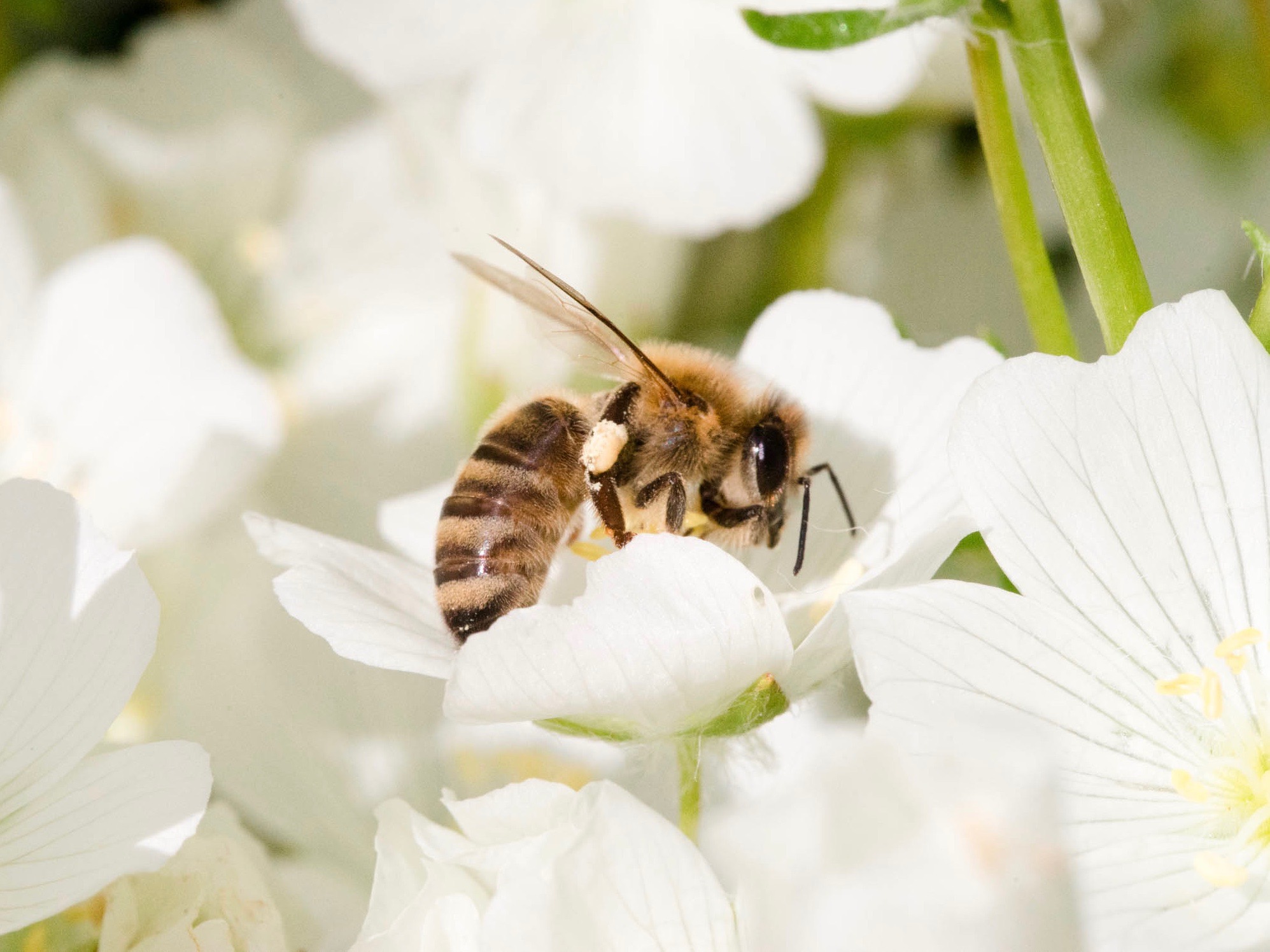Yet Another Two-Party System...
There is a common saying that goes something like... “If you ask 50 beekeepers the same question, you’ll get 50 different answers,” and of course - each beekeeper is positive that they are right. When it comes to using treatments, most beekeepers fall into one of two camps: one that follows scheduled treatment timelines, and the other that does not treat their bees at all. To keep things interesting, each side believes that the other is ruining the industry!
Treatment-free beekeepers are often blamed for allowing their bees to spread disease, and beekeepers that use treatments are accused of breeding stronger pests and diseases that are harder to fight off naturally. Either way, it is easy to fall into a trap where you are not monitoring hive health appropriately, or using a heavy hand to react to situations without the proper context.
In this polarized world, it is often the gray area that has the best results. This is best achieved with knowledge, diligence, and contextual response. In our opinion, responsible beekeepers should always monitor and take action when issues reach a certain threshold.
Feral Honeybees & Natural Selection
Honeybees are not fully domesticated, and feral colonies living without human management have natural selection on their side. Weak bees that can’t fight modern pests or diseases die, and strong bees that can will survive to swarm and spread their strong genetics.
The idea behind treatment free beekeeping is to allow natural selection to once more take effect in the greater honeybee population. Add human intervention into the mix, and you’ll find that most of the time, the “solutions” we put in place cause more problems than they fix.
The Human Element
It can take a long time for a weak colony to completely die off from our modern honeybee pests and diseases. In developed areas with many managed colonies existing side-by-side, there is the risk that unmonitored and untreated bees can become overrun with mites and diseases, which are spread to healthy colonies. This is especially true in apiaries where hives are placed closely together.
By nature, strong bees will rob honey from weak bees. Thus, strong bees who would otherwise survive these tribulations are bringing mites and diseases back to their own hives in quantities that not even the best genetics can overcome.
Part of the treatment-free philosophy is rather cutthroat because instead of letting weak bees die on their own time, mite and disease-ridden hives need to be killed off with soapy water to eliminate spread. If that doesn’t sound like something you'd be comfortable doing, consider following integrated pest management practices to treat your colony based on the severity of the circumstance. It is a good idea to start with the mildest treatments you can (like treating for mites first by doing a sugar shake), and if it doesn’t get better, you can move on to more conventional chemical treatments. Just be aware that the more you treat, the more you hamstring the process of natural selection.
A Cautionary Note About Essential Oils
Essential oils are often touted as a "natural" treatment for hives. Before you begin dumping EOs on your bees, consider that plants have spent thousands of years trying not to get eaten by things! Through evolution by natural selection, plants have developed very strong phytotoxins to prevent nibbles. Essential oils are VERY concentrated plant essences full of phytotoxins known to kill beneficial bacteria and yeasts inside the hive. Without this microfauna, pollen cannot be fermented into the edible bee bread fed to larvae as their primary protein source, and nectar has a longer path to becoming honey. These are just a couple of the thousands of beneficial bacteria that make up the hive biome.
The Gist
Pay attention to your bees. Allow them to take care of the problems they can handle, and when they can’t, take mindful action. Each beekeeper must craft their own treatment philosophy, which often entails combining elements of many separate doctrines. So long as you are responding from a place of knowledge, experience, and good intentions, you’ll be doing a service to yourself, your bees, and the greater good.
———
If you are just getting started in beekeeping (or hoping to soon!), check out our online Beekeeping for Beginners course here! Our comprehensive beginning course is designed to equip you with everything you need to get started in beekeeping from the comfort of your own home.
